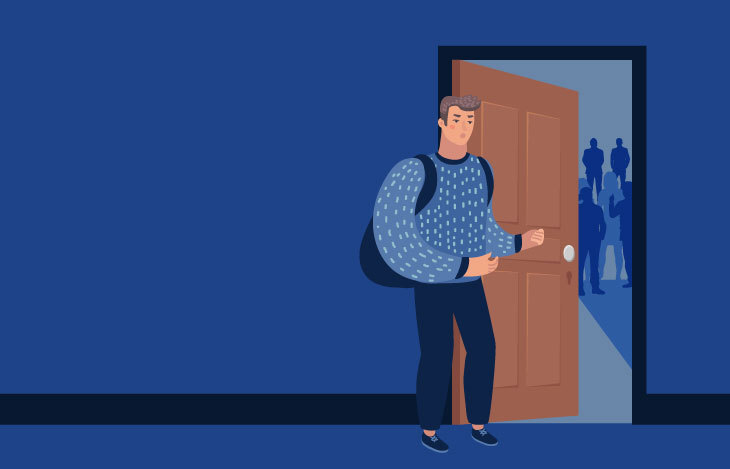Do you find yourself struggling to make conversation with others? Do people often tell you that they feel like there is a big wall between them and you? You may be experiencing what’s called “social awkwardness.” If this sounds like something that applies to you then don’t worry because we are here to help!
Today we will talk about Social Awkwardness, what is it exactly? The various types of social awkwardness and the possible reasons behind them. And how understanding your shyness and loneliness can help improve your self-confidence so that these feelings no longer control your life.
Contents
- 1 Social Awkwardness
- 2 Types Of Social Awkwardness
- 3 Reasons For Social Awkwardness
- 3.1 Low self-confidence and self-esteem
- 3.2 Negative thoughts about yourself
- 3.3 Fear of rejection or being judged by others
- 3.4 Traumatic experiences
- 3.5 Dyslexia and other learning disabilities
- 3.6 Negative past experiences with other people
- 3.7 Lack of social skills and knowledge
- 3.8 Genetically inherited shyness or anxiety
- 3.9 Difficult childhood
- 3.10 Membership in a minority group
- 4 A Look On Terminologies Related To Social Awkwardness
- 5 Social Awkwardness V/S Sociopathy
- 6 Tips
- 7 When Social Situations Tire You Out
- 8 Conclusion
Social Awkwardness

Well, social awkwardness can be defined as feeling uncomfortable in social situations. It can include feeling shy or insecure around other people, fearing rejection, or becoming tired after only a short period.
In other words, being socially awkward means that you feel uncomfortable in social situations. You may find it hard to make conversation or start one at all, even with friends and family members whom you know well. This can lead to feelings of shyness, insecurity, embarrassment, and loneliness.
Signs Of Social Awkwardness
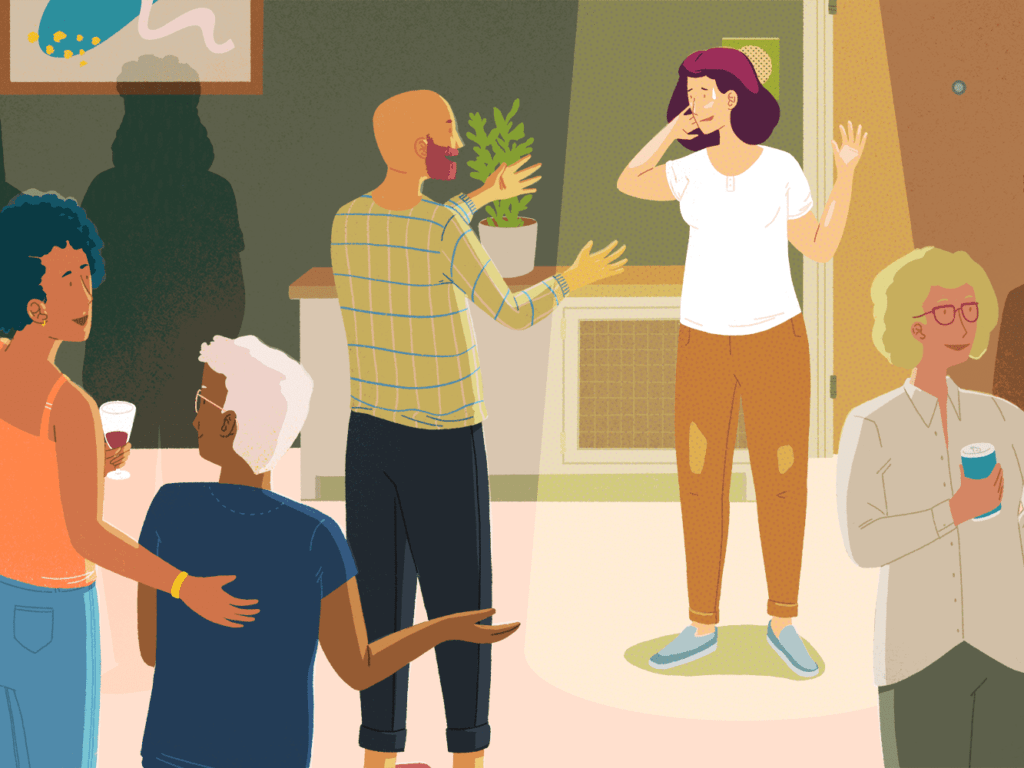
Here are some signs that you may be shy or socially anxious:
- Avoid socializing altogether
- Feel very uncomfortable in most social situations
- Have negative thoughts about yourself when you are around other people
- Feel like you can’t relax or talk freely around others
NOTE: Social awkwardness is not a medical condition but more of a social issue that many people struggle with today, either on an occasional or daily basis.
Types Of Social Awkwardness
As mentioned above there are many different types of social awkwardness. Some people may only experience one or two while others may have a more generalized form that affects many areas of their lives.
Some common types of social awkwardness include:
Social Anxiety Disorder
This is where a person feels an intense fear around other people and experiences physical symptoms such as a racing heart, sweating, and trembling.
Asperger’s Syndrome
This is a form of autism that affects a person’s ability to socialize and interact with others. People who have Asperger’s often find it difficult to understand facial expressions, body language, and sarcasm.
Eating Disorders
There are two main types of eating disorders- anorexia nervosa and bulimia nervosa. People with eating disorders often have a difficult time in social situations because they are worried about being judged or criticized for their weight or appearance.
Rejection Sensitivity
This is where a person becomes overly sensitive to the idea of rejection. They may interpret any sign of disapproval as a personal attack and feel as though they are unable to do anything right.
Loneliness And Shyness
Many people experience feelings of loneliness or shyness from time to time, especially those who have been socially alienated in the past. However, for some people, these feelings become a constant problem that interferes with their ability to socialize normally.
Reasons For Social Awkwardness
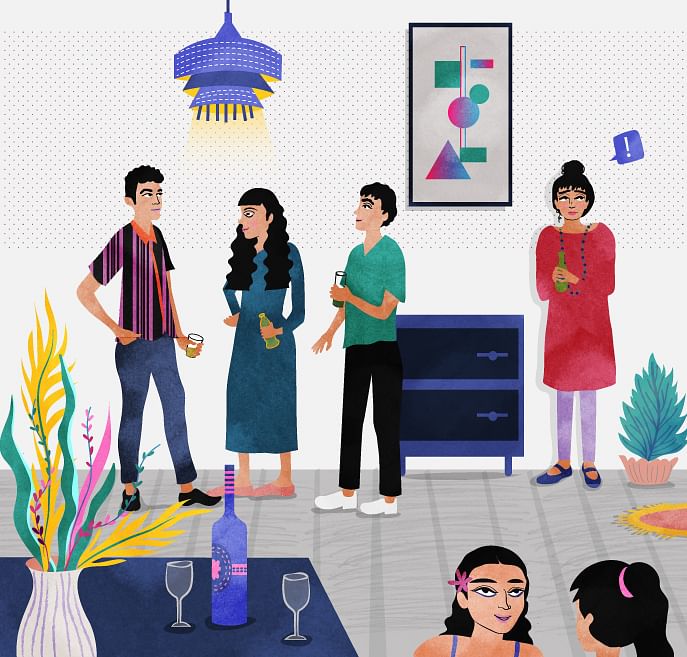
There are many reasons why a person may experience feelings of social awkwardness. Some possible causes include:
Low self-confidence and self-esteem
Many people with low self-confidence are too nervous about what other people think of them to be able to interact normally.
Negative thoughts about yourself
If you tend to feel negative about negatives can make it more likely for you to become socially anxious in the future.
Fear of rejection or being judged by others
People who fear being rejected may avoid social situations altogether because they feel as though it will lead to more pain for them.
Traumatic experiences
Some people may have experienced a traumatic event in their past such as abuse, neglect o,r bullying which can make it difficult for them to socialize in the present.
Dyslexia and other learning disabilities
People who have dyslexia or another type of learning disability often find it difficult to understand social cues and interact with others in a normal way.
Negative past experiences with other people
If a person has had negative past experiences with other people, they may find it difficult to trust or open up to anyone new.
If you lack the social skills or knowledge required to interact with people naturally, this can make it difficult for you to feel confident in a social situation.
Genetically inherited shyness or anxiety
Some people may inherit a tendency towards shyness and social awkwardness from their parents. This can make it more difficult for them to interact with others in a relaxed way.
Difficult childhood
A difficult childhood where the person was mistreated, rejected by their family or peers, or experienced a traumatic event can leave someone feeling shy and insecure as an adult.
Membership in a minority group
People who are members of a minority group (such as LGBTQ+ individuals, people of color, etc.) often experience more social awkwardness than those in the majority due to discrimination and exclusion.
NOTE: People with a social anxiety disorder may feel like they are the only ones who feel this way. But in reality, ty around 15% of the population experiences some form of social anxiety.
A Look On Terminologies Related To Social Awkwardness
Shyness And Loneliness

Shyness is the feeling of apprehension or awkwardness that people often feel when they are around other people. It can be caused by several things, such as a lack of self-confidence, fear of being rejected or judged, or traumatic experiences in the past.
Loneliness is the feeling of isolation and emptiness that people often experience when they are not around other people. Loneliness can be caused by several things, such as a lack of social interaction, shyness or insecurity, or negative past experiences with others.
Shyness and loneliness are characterized by the following feelings:
- A sense of being socially excluded.
- Feeling like you don’t belong in social situations.
- Not feeling good enough for other people to want to be friends with you.
- Hiding from others due to fear of being judged or rejected.
- Setting your standards too high for other people and being unable to find someone you like.
- Believing that nobody else feels the same way as you do about things, which makes it difficult for you to relate with others.
Tips To Deal With Shyness And Loneliness
Shyness and loneliness are not problems in themselves but they can become problematic. Especially, when they interfere with your ability to socialize normally or when they cause you distress.
If shyness and insecurity are causing problems for you, here are some things that you can do to tackle them:
- Identify the thoughts and beliefs that contribute to your social anxiety. Once you know what these are, it will be easier for you to challenge them.
- Improve your social skills by joining a class or group where you can meet new people.
- Take the time to get out of your comfort zone and experiment with different forms of socialization.
- Practice mindfulness meditation to deal with negative thoughts that pop up during difficult situations.
- Get enough sleep so that you feel refreshed and energetic in social situations.
NOTE: If you’re struggling to overcome shyness or insecurity on your own, it may be helpful to seek professional help from a therapist or counselor.
Social Insecurity And Social Fear
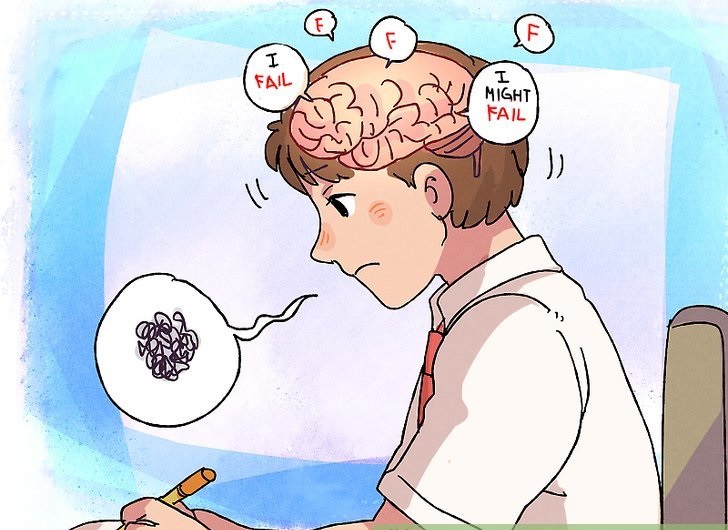
Social insecurity and fear is the feeling of anxiety that people experience when they are worried about their ability to perform well in social situations.
People with social fears can sometimes:
- Feel like everyone else knows how to interact better than them and judge them for it.
- Believe that other people think you’re weird or strange.
- Have difficulty communicating your thoughts and feelings to other people.
- Believe that you’re not worthy of being included in social events, even when it’s actually
- Are afraid of embarrassing yourself by saying something stupid or appearing incompetent in front of others.
Reasons That May Cause Social Insecurity And Fear
Their many reasons one may feel socially insecure and fearful. These include:
- Lack of self-esteem
- The belief that other people don’t like them or want to be friends with them
- A belief that they will make mistakes while socializing which results in embarrassment for themselves
- Not having many social skills or being unfamiliar with social norms
- Previous traumatic experiences in social situations
Social Setbacks And Rejections
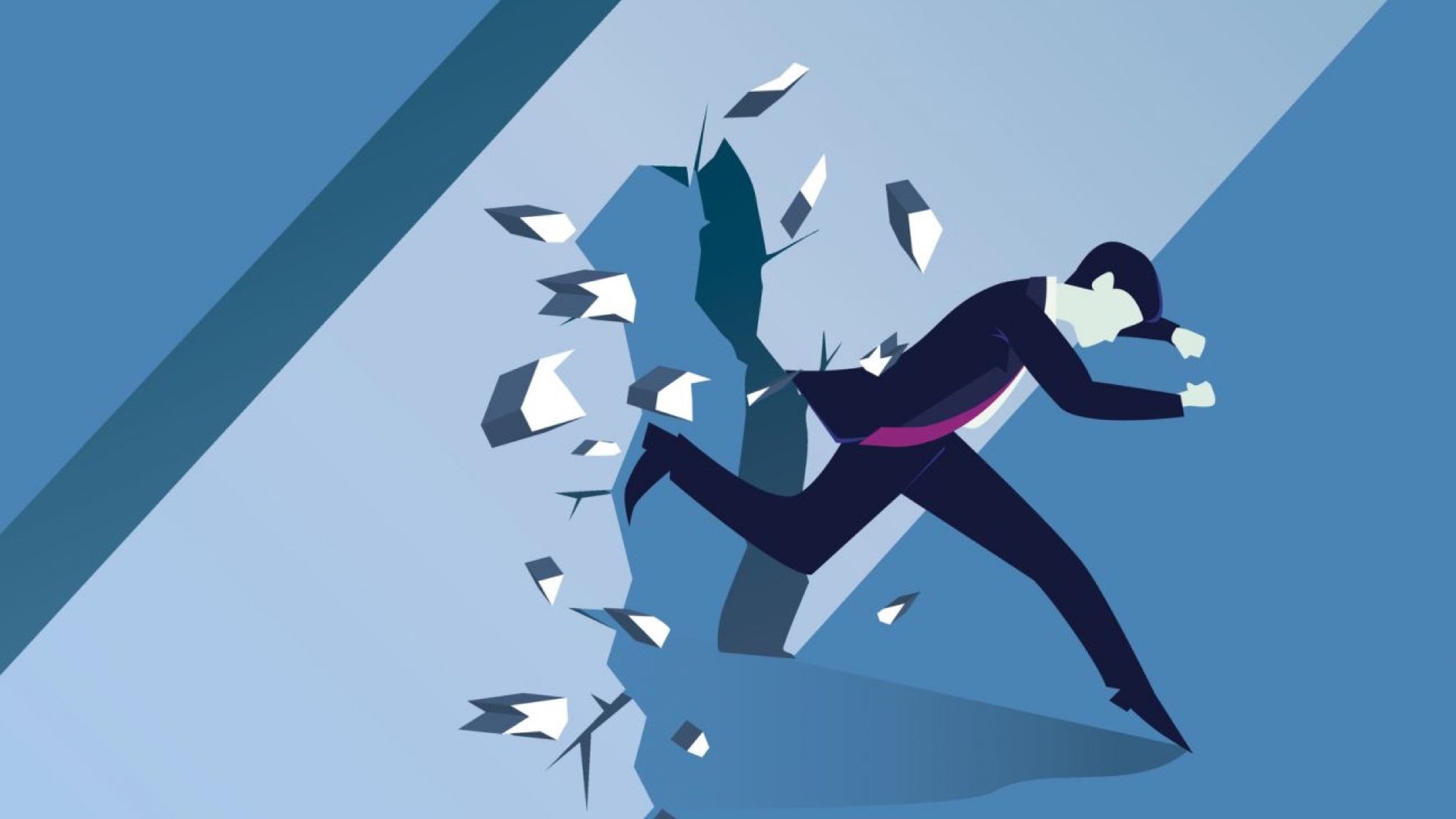
Social setbacks and rejections are unpleasant experiences that people usually associate with socializing. These can be things like:
- Being teased by other children at school
- Getting rejected from a job or promotion after an interview
- Having your romantic relationship end because you were not compatible with each other
- Being ignored or avoided by people that you want to talk to.
Social Awkwardness V/S Sociopathy
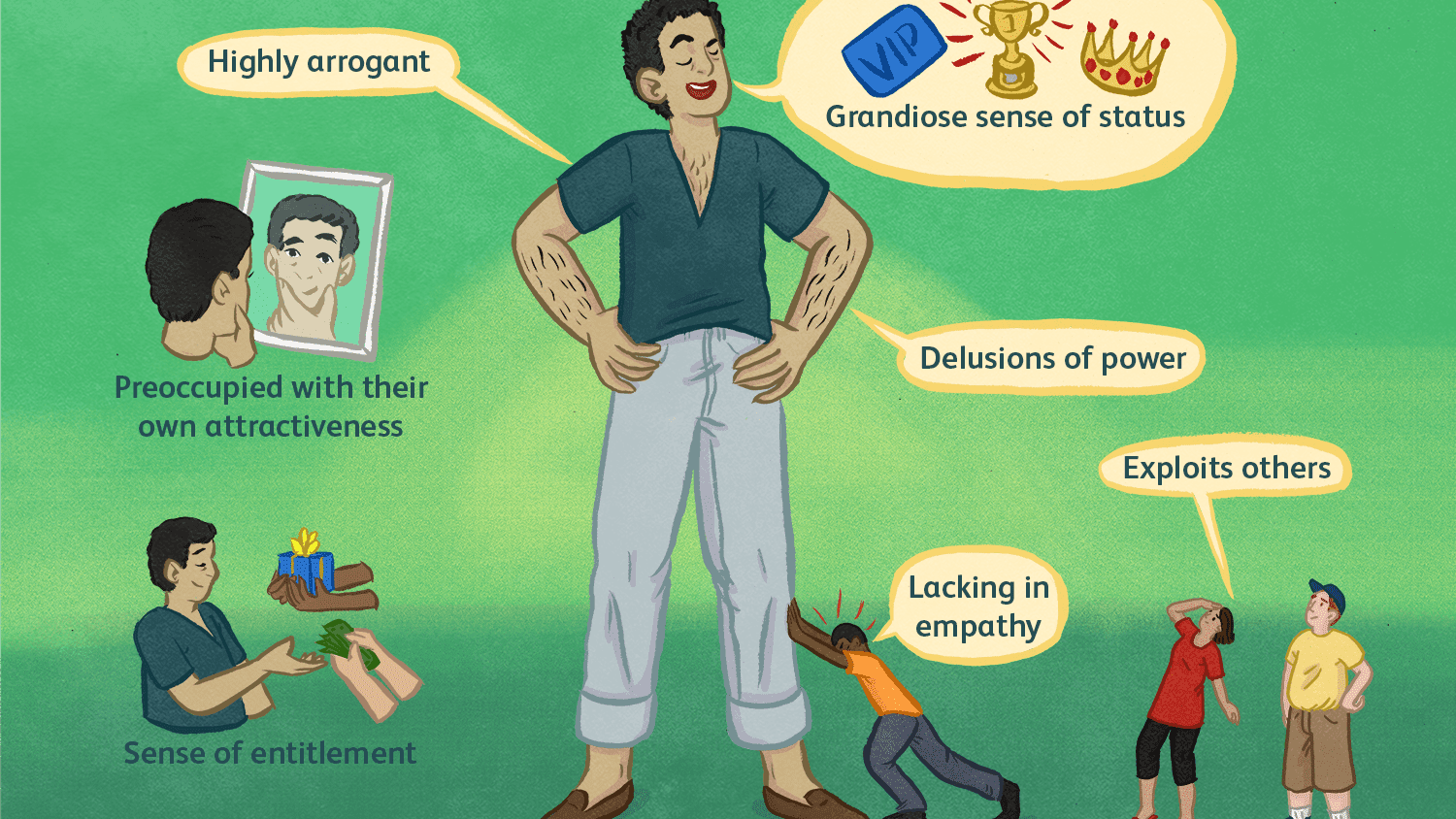
Being socially awkward is not the same as being a sociopath.
- Sociopaths are inherently selfish and lack empathy, which means they don’t feel guilt or remorse for their behavior.
- Socially awkward people simply have poor social skills that cause them to behave in ways other people might find strange or uncomfortable.
Tips
For Developing Social Confidence
Developing social confidence is important if shyness and insecurity are causing problems for you in your day-to-day life or at work.
Here are some things that might help:
- Improve the way you communicate with others by joining a class or group where you can meet new people.
- Take the time to get out of your comfort zone and experiment with different forms of socialization to practice what you learn.
- Learn how to listen carefully when other people are talking so that you don’t miss important information.
- Learn about yourself by keeping a journal. This will help you to discover what triggers your social anxiety and how you can deal with it more effectively.
- Learn about yourself by keeping a journal. This will help you to discover what triggers your social anxiety and how you can deal with it more effectively.
- Improve the way that people communicate with you by joining a class or group where you can meet new people.
- Take the time to get out of your comfort zone and experiment with different forms of socialization to practice what you learn.
- Start small by gradually challenging yourself to do things that make you feel anxious but are still manageable.
- Get enough sleep so that you feel refreshed and energetic in social situations.
- End the negative self-talk by telling yourself positive things about your abilities before going into a situation where you might feel anxious.
- Take deep breaths when feeling stressed to stop those negative thoughts from taking over again.
For Building Social Skills
If you feel shy or insecure around others, it’s important to remember that everyone feels this way at some point. It takes time and practice to build up your confidence and social skills.
- As a first step, try attending social gatherings that don’t intimidate you as much. For example, if large parties make you feel anxious, go to small dinner parties instead.
- When meeting new people, don’t be afraid of showing your flaws or making mistakes because everyone makes them from time to time.
- Start small by gradually challenging yourself to do things that make you feel anxious but are still manageable.
- Don’t be hard on yourself if you don’t feel confident in every social situation. Just focus on improving your skills in the situations where you feel most comfortable.
- Begin by trying to make eye contact and holding a conversation with someone who is not intimidating. Then, gradually work your way up to talking with people you find more challenging.
- Get comfortable speaking in front of others by joining a class or group where you can meet new people.
- Take the time to get out of your comfort zone and experiment with different forms of socialization to practice what.
- Improve the way that people communicate with you by joining a class or group where you can meet new people.
NOTE: Get enough sleep so that you feel refreshed and energetic in social situations.
For Making Conversations
Having conversations is an important part of socializing that many people find challenging.
Here are some tips for making conversation that might help:
- Ask open questions to get other people talking about themselves and avoid giving too much detail about yourself straight away
- Make eye contact so you can read the reactions of others to what you are saying.
- Use body language to show that you are listening and interested in what the other person is saying.
- Be aware of your tone of voice and make sure it sounds upbeat.
- End the negative self-talk by telling yourself positive things about your abilities before going into a situation where you might feel anxious.
- Take deep breaths when feeling stressed to stop those negative thoughts from taking over again.
- Become aware of your tone of voice and make sure it sounds upbeat.
When Social Situations Tire You Out
Some people find that socializing becomes physically and emotionally draining. This is because they are trying to avoid certain social situations due to their fear of negative consequences from them, such as embarrassment or rejection.
If this sounds like you, it might help if:
- You remind yourself that your fears about being embarrassed or rejected are usually not as bad as you think they are.
- You take a break from socializing after a certain amount of time. This will help to recharge your energy levels and make it easier for you to continue socializing later on.
- You avoid pushing yourself too hard when attending social events. Pace yourself by taking short breaks in between conversations or activities.
- You make sure to get enough rest and rest attending social gatherings. This will help you to feel more energetic and positive when interacting with others.
- End the negative self-talk by telling yourself positive things about your abilities before going into a situation where you might feel anxious.
- Take deep breaths when feeling stressed to stop those negative thoughts from taking over again.
Conclusion
Socializing and making conversation can be challenging for anyone. The more that you work on developing your social skills, the easier it will become to communicate with others in various situations. Being aware of some basic tips may help you feel more confident when talking to people.
For more information, please contact MantraCare. Relationships are an essential part of human life. It is the connection between people, and it helps us to form social bonds, understand and empathize with others. If you have any queries regarding Online Relationship Counseling experienced therapists at MantraCare can help: Book a trial therapy session
